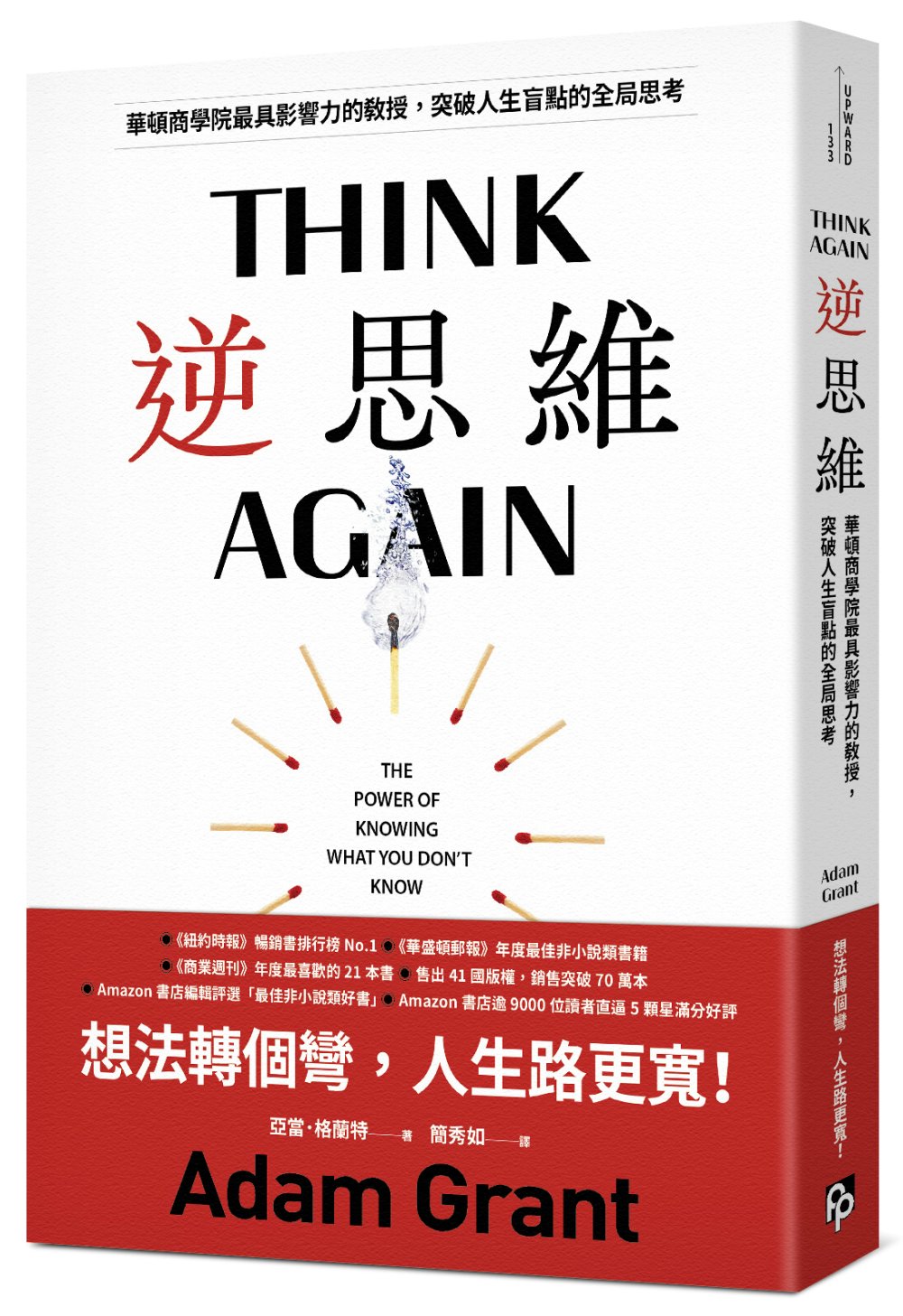The uses of shame (and shamelessness) in spheres that range from social media and consumerism to polarized politics and mass violence
Today, we are caught in a shame spiral--a vortex of mutual shaming that pervades everything from politics to social media. We are shamed for our looks, our culture, our ethnicity, our sexuality, our poverty, our wrongdoings, our politics. But what is the point of all this shaming and countershaming? Does it work? And if so, for whom? In Shame, David Keen explores the function of modern shaming, paying particular attention to how shame is instrumentalized and weaponized. Keen points out that there is usually someone who offers an escape from shame--and that many of those who make this offer have been piling on shame in the first place. Self-interested manipulations of shame, Keen argues, are central to understanding phenomena as wide-ranging as consumerism, violent crime, populist politics, and even war and genocide. Shame is political as well as personal. To break out of our current cycle of shame and shaming, and to understand the harm that shame can do, we must recognize the ways that shame is being made to serve political and economic purposes. Keen also traces the rise of leaders on both sides of the Atlantic who possess a dangerous shamelessness, and he asks how shame and shamelessness can both be damaging. Answering this question means understanding the different types of shame. And it means understanding how shame and shamelessness interact--not least when shame is instrumentalized by those who are selling shamelessness. Keen points to a perverse and inequitable distribution of shame, with the victims of poverty and violence frequently being shamed, while those who benefit tend to exhibit shamelessness and even pride.| FindBook |
有 1 項符合
Shame: The Politics and Power of an Emotion的圖書 |
 |
Shame: The Politics and Power of an Emotion 作者:Keen 出版社:Princeton University Press 出版日期:2023-10-03 語言:英文 規格:精裝 / 352頁 / 普通級/ 初版 |
| 圖書館借閱 |
| 國家圖書館 | 全國圖書書目資訊網 | 國立公共資訊圖書館 | 電子書服務平台 | MetaCat 跨館整合查詢 |
| 臺北市立圖書館 | 新北市立圖書館 | 基隆市公共圖書館 | 桃園市立圖書館 | 新竹縣公共圖書館 |
| 苗栗縣立圖書館 | 臺中市立圖書館 | 彰化縣公共圖書館 | 南投縣文化局 | 雲林縣公共圖書館 |
| 嘉義縣圖書館 | 臺南市立圖書館 | 高雄市立圖書館 | 屏東縣公共圖書館 | 宜蘭縣公共圖書館 |
| 花蓮縣文化局 | 臺東縣文化處 |
|
|
圖書介紹 - 資料來源:博客來 評分:
圖書名稱:Shame: The Politics and Power of an Emotion
內容簡介
作者簡介
David Keen is professor of conflict studies in the Department of International Development at the London School of Economics and Political Science. He is the author of The Benefits of Famine, Conflict and Collusion in Sierra Leone, Endless War?, Complex Emergencies, Useful Enemies, and When Disasters Come Home.
|











